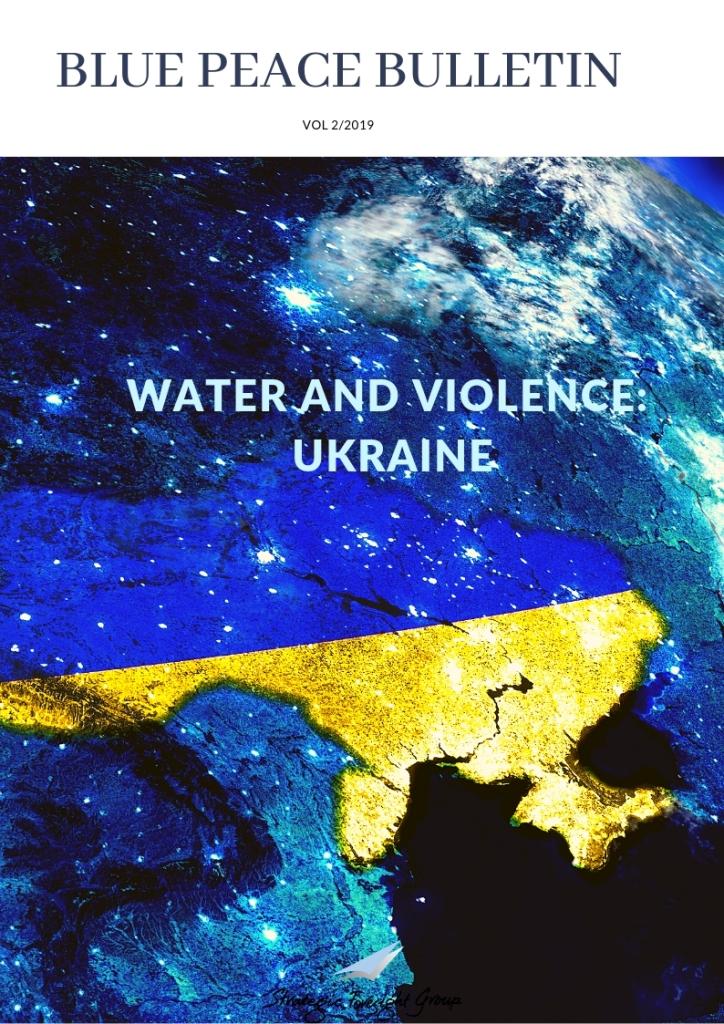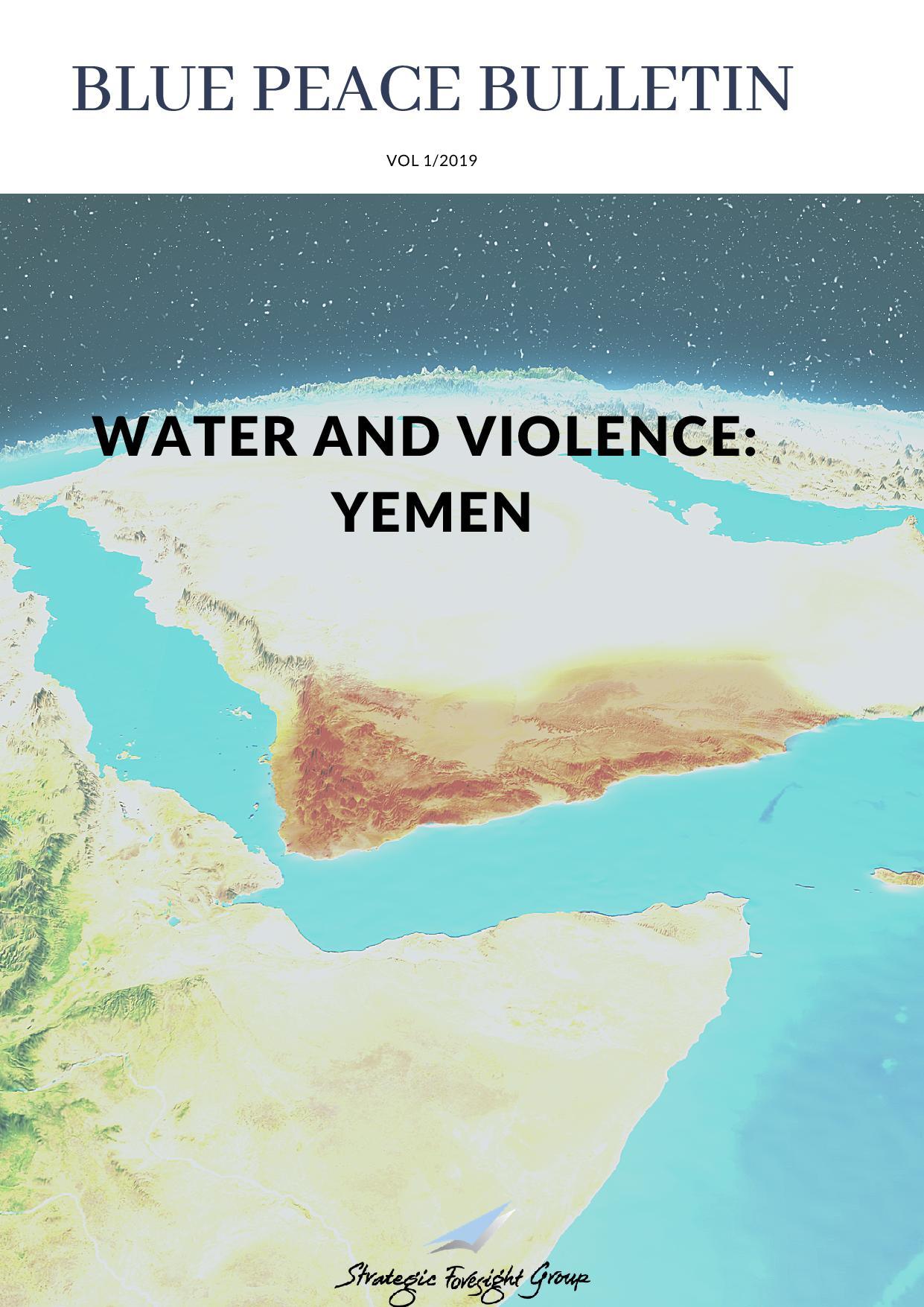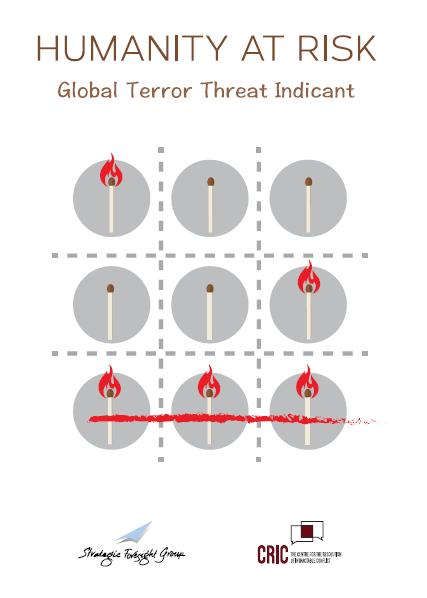Uzbekistan After Karimov
|
|
October 2005
By Leena Pillai
|
The political history of Uzbekistan since its independence on August 31, 1991 is the story of the consolidation of Presidential powers by Islam Abduganievich Karimov. The state handling of the Andijon uprising in May 2005 demonstrated to what extent Karimov was willing to go, to hold on to power. His authoritarian tendencies did not even spare the US. Thus the recent volte-face in Uzbekistan�€™s foreign policy was of no surprise.
The issue of political succession in Uzbekistan has been of primary concern. The 66-year old Karimov looks all set to remain in power and is making every attempt to consolidate his position prior to the 2007 elections. Having snubbed the US and EU, there is every possibility that Karimov will attempt to amend the Constitution to run for another term during the 2007 Presidential elections. Under this scenario, only the members of Karimov�€™s inner-circle will be able to block him from standing for re-election.
In the absence of an undisputed successor and a strong political opposition, Karimov will attempt to retain power post-2007. However, if Karimov has to be replaced, then there are chances of a Russian-style succession with the President handpicking his successor. The foreign minister, Eljer Ganiyev, then stands to be successor, as his loyalties to Karimov are steadfast and as he is a member of the family. Although it is too early to predict who the leader will be, what is certain is that the candidate will be from one of the pro-presidential parties.
Nevertheless, with Islam Karimov taking a backseat, the Parliamentary elections in 2009 will positively usher opposition political parties in to Uzbek politics.
An overthrow of President Karimov�€™s regime, though imminent, is difficult to say. Personal rivalries and Islamic terrorists may find occasions to eliminate President Karimov. But his departure from the political scene, due to either a coup or untimely death, would unleash a struggle for succession and control of economic resources.
With these realities, a more repressive regime in Uzbekistan under President Karimov is now a foregone conclusion. Future uprisings and a weakening economy are also inevitable. The Tashkent and Ferghana clans that have been sidelined will support a regime change in Uzbekistan. Big businesses who have not been able to realize their potential and peasants wearied by official tyranny would also hold up a regime change.
A civil coup is more of a possibility than a military coup given the authoritarian regime nature of the clan, the kinship patronage system and the firm civilian control of the military.
The persecution of religious groups, especially in the post-Andijon scenario, will lead to a rise of Islamic groups of moderate or radical temperaments. The Hizb-ut-Tahrir will gain in membership. Moreover, if political opposition continues to be suppressed, other homegrown extremists like the Jihad Islamic Group, as well as practitioners of independent Islam will strengthen their alliance. If present conditions prevail, then post 2010 Uzbekistan will witness increased incidents of violence in different parts, and these radical groups will come together to stage an Iran-style Islamic revolution.
If the Islamic Movement of Uzbekistan becomes weak as a result of the War on Terror, its ability to carry out terrorist activities in the country will be greatly reduced. However, if it survives unscathed, Uzbekistan will witness resurgence of the IMU threat.
On the geopolitical front, the fallout with USA has pushed Karimov closer to Russia. Karimov is very clear on his two-point agenda; first, to quash attempts by Islamic radicals (the IMU and Hizb ut-Tahrir) to topple his regime and, second, to establish dominance as the principal leader of Central Asia. The wave of regime changes that had swept the former Soviet republics of Georgia, Ukraine and Kyrgyzstan, and the reported US role in them has triggered fears of the US attempting to overthrow the clan-based governments in Central Asia.
Since Putin came to power, there have been clear signs that Russia is trying to re-emerge in Central Asia, to reclaim it�€™s �€˜near abroad�€™. The recent turn of events has transformed Russo-Uzbek ties and has triggered a Great Power Game in Central Asia.
The geopolitical significance of the emerging new equations will continue to be determined by the twin pillars of energy and security. The contradictions that mark Central Asia�€™s relations with the US will define Russia�€™s relations with the same. Russia has already made a breakthrough with its oil giant Gazprom signing a 5-year agreement with Uztransgaz. Russia desperately needs Kazakh oil and Turkmen gas to pass through its territory to be able to dictate terms to the Central Asian republics and signing this agreement is a success in this direction. For the US, its prestige in Central Asia is already on the slide.
US involvement in democratizing Uzbekistan will be conditional to the overall security environment in Central Asia. Meanwhile Russia will continue in its efforts to wean Uzbekistan away from the US. Russia is currently predominantly relying on its �€œsoft-power�€ capabilities, but US involvement in Central Asia has also caused a shift back towards hard power considerations. It will not be surprising to see, by 2010, a deeper level of Russian-Uzbek security and economic relationship than is immediately apparent.
Beyond 2010, there is a possibility of religious extremist groups taking over Uzbekistan and the occurrence of an Iranian-style revolution. In this situation, the US, Russia and China will all distance themselves from Uzbekistan.
Related Publications
Related latest News
Related Conferences Reports
-

P5 Experts Roundtable on Nuclear Risk Reduction
Download:Geneva Roundtable Report
-

Roundtable on Global Security and Catastrophic Risks
Download:Report on RT revise





